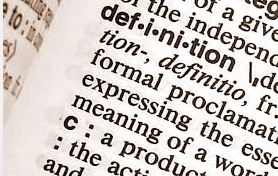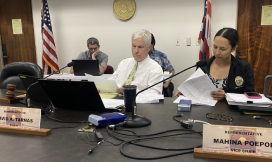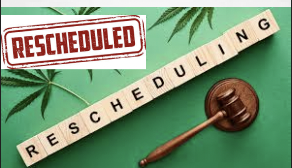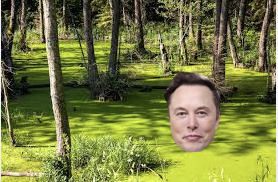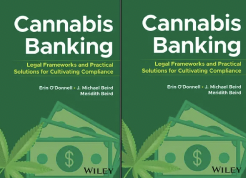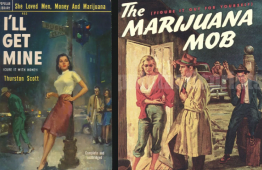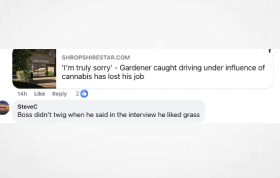Here’s the introduction in full
The Health Minister of Thailand made a few new remarks about cannabis this week, triggering the obligatory flood of international news stories on the coming ban on the recreational use of cannabis in Thailand.
Where Do You Stand? Was It Good News For The Cannabis Industry Or Bad?
The news of the Health Ministry’s announcement that recreational use will be banned by the end of the year provoked a council of despair by a cannabis attorney. To my ear, the headline of the piece, “Thailand’s ‘Cannabis Party’ is Coming To an End,” has a strangely mocking tone. Is the author siding with the Prime Minister, who seems to assume – mistakenly – that adults who consume cannabis with THC are breaking the rules of medical cannabis?
Is there a correlation between those who accept the distinction between recreational use and medical use and those who are inexperienced with cannabis? Or again, is there a correlation between those who like the distinction and hate THC?
Here is the opening of the article about medical cannabis in Thailand that seemed to gloat over what the analyst predicted as the annihilation of “recreational use” cannabis:
“It appears that recreational cannabis in Thailand will be coming down from its high as a new proposed law aims to steer the sector towards medical applications. If the law passes, the industry could face significant legal and regulatory changes that will cause recreational sales to go up in smoke.”
As for the opening, what makes me want to gnaw on the laces of my Nikes is this phrase “…changes that will cause recreational sales to go up in smoke.”
Where does the category, “recreational sales” come from if not thin air?
Nevertheless, there it stands, like a real economic class; yet, no one has given permission for “recreational use” or even defined the meaning of the term.
The term (or activity) is not cited anywhere in any legal documents other than the current drafts of the Cannabis Act.
Also see
The Tangled Web We Weave With “Recreational Use”
The ambiguity of the term can lead to silly situations if pushed even a little. Interestingly, it does not cause the same trouble when it is said that only medical use will be legal, and recreational will stay illegal. If I say, “the only way you can use cannabis legally is to jump through these hoops at this time, and then pay this much...”, it is clear what is allowed and what is not.
On the other hand, if I say, “…smoking for fun is against the law, but smoking to feel better is OK,” (which has been said by the ruling party), then I have lost the thread and succumbed to nonsense.
The hard and fast distinction between medical and recreational – and the assumption that it’s a solid distinction in the first place – is widespread among politicians and lawyers. The view is exceptionally rare however, among cannabis scientists and doctors.
“Existing cannabis shops can continue to operate, but they must ensure that their operations align with upcoming regulations. This includes … refraining from selling dried cannabis buds…”.
Why give in and give up now? Why not realize that Thai cannabis will not be fighting alone? Why not hold out some hope that the regulations will make the industry healthier and more robust, and set it on a path for a greater and greater scope for cannabis therapies?
Unless your advocacy for cannabis stops at the cannabinoid known as the bliss molecule, THC, the great alpha and omega from which all interest in cannabis flows and to which it returns.
Besides, Thailand will not be alone when pressing for the most basic cannabis freedom at all — the freedom to consume the style, strain and cultivar of my choice.
